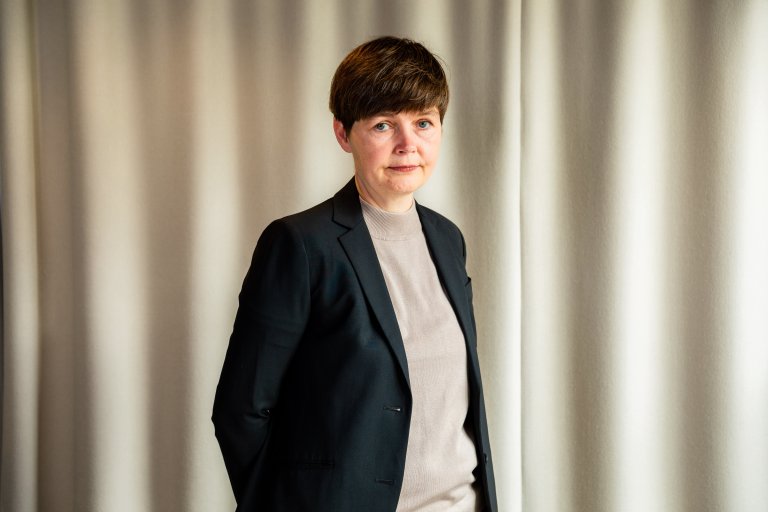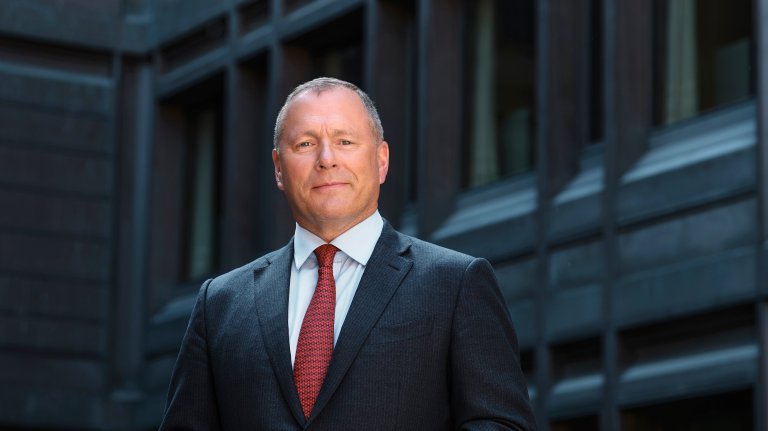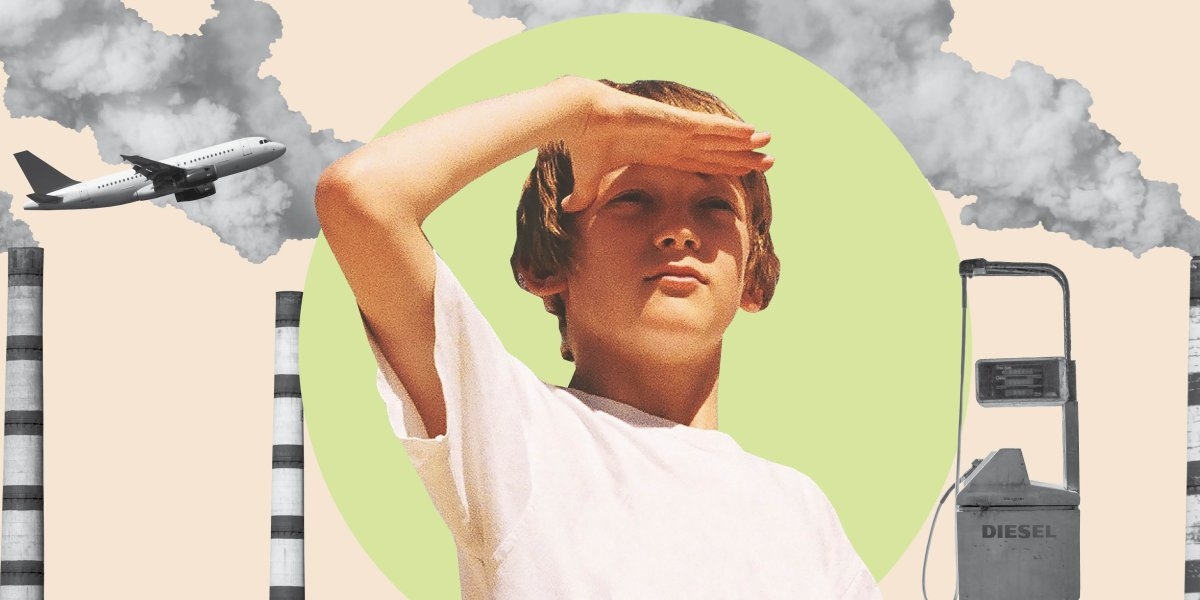Future challenges in the Nordic: Divesting the pension funds from fossil fuels
The research program Future Challenges in the Nordic mobilizes researchers in the Nordic countries. The funders of the program do not only expect the research projects to focus on societal challenges, they also believe that the social sciences and humanities have important contributions to the solution to complex challenges. The project Fossil Free Futures: Divestment Across the Nordic Countries will try to do exactly that.
Societies' dependencies on fossil fuels
This presentation was given in Helsinki by Linda Soneryd on 22 September 2022

The challenge we take as our starting point is societies’ dependencies on fossil fuels, and how to make a transition to a fossil free society. More specifically we focus on the pension funds. The pension funds make up a huge part of the world’s economy, and are at the same time big investors in fossil fuels. We will focus on initiatives to divest the pension funds in three Nordic countries: Denmark, Norway and Sweden. Fossil fuel divestments means opting out from investments in oil, coal and gas, but how this happens and with what results is far from obvious. A question we are exploring in the project is thus what divestments will mean in practice.
It is a four-year project, and it includes collaboration between four research environments in three Nordic countries: The projects principal investigator Linda Soneryd is based at Stockholm Centre for Organizational Research, at Stockholm University and with close cooperation with the Stockholm School of Economics. The project includes a research team from the sociology department at the University of Gothenburg in Sweden. From Denmark the research team is from the Responsible Technology section at the Danish Technology University. From Norway the research team is based at CICERO Center for International Climate Research.
Together the research teams have competence in economic sociology, climate change research, issues concerning the role of science and technology in society, responsible innovation and research and economic democracy.
What makes the pension funds both interesting and urgent to explore is that they concern all of us. The pension savings are supposed to guarantee a safe future for the elderly, at the same time continued investments in oil and other fossil fuels are contributing to unsafe futures. This ambivalence of the pension funds makes it an important issue also for younger generations. We need to ask what our money is doing right now, and what futures they are contributing to shape?
What do we know about this already?
The Intergovernmental Panel for Climate Change, the IPCC, represents the world’s gathered knowledge about climate change. What does the IPCC say about climate change and financial flows? Working group three supports the IPCCs solution-oriented approach and its contribution to IPCCs 6th assessment report was released in April 2022. It was not evident from the beginning that the report would include a chapter on investments and finance, and the writing of the chapter was difficult and meant a lot of negotiations about what it was going to contain.
Nevertheless, the chapter was written and it concludes that climate-related risks remain greatly underestimated by financial institutions and markets. In the chapter there are some challenges identified as well as some important drivers for change. Things seem to be changing too slowly. But there is also evidence that the moral landscape is changing.
For example, on the 20th September the Norwegian oil fund released its climate action plan, with the goal that all the companies that the oil fund is investing in will have net-zero emission before 2050. In connection to this, the CEO of the oil fund Nicolai Tangen said in a press release:
If you are not taking this seriously, nobody will work with you, nobody will buy your products, no banks will lend you money, and no insurance companies will insure you.
What is important, however, is not only the moral reasoning but that it is also in line with economic reasoning. The CEO of the oil fund also emphasized this, when he stated that:
Our long-term returns will be entirely dependent on how the companies in the portfolio adapt to zero-emissions.

It is very important what a big actor like the Norwegian oil fund do and say since it will work as a benchmark for others. The release of the climate action plan also led to news about the reactions of the environmental movement and it was clear that the new climate action plan of the oil fund was celebrated by environmental advocacy groups! Still, how will this be done? We don’t know yet. The climate action plan is still to be implemented and what it will mean in practice – both in terms of its practical outcome and whether others will follow-suit – is an empirical question.
The purpose of our research
Given these uncertainties the purpose of our research is to contribute to a better understanding of the actors, tools and practices in initiatives to divest the pension funds from fossil fuels.
In line with this we have formulated three project goals. The first two goals are 1) to gain better knowledge about the actors involved, and 2) to understand the tools and valuation practices involved. To focus on valuation practices is an important part of our methodological approach. Things are not valuable in themselves – they actually need to be ascribed value – and this will happen in practices and with the help of various tools. Our third project goal is related to the possibilities for any of us that are not insiders to the practice of making investment decisions to have a say in this. We thus see this as a question of democracy: 3) to understand and challenge the boundaries of climate citizenship and economic democracy in Denmark, Sweden and Norway.
Open in terms of who, why, what and how
The researchers involved in the project are all skilled qualitative researchers that work with ethnographic methods, broadly speaking: meaning a combination of interviews with key actors, working close to the field and making participatory observations, following actors and processes to see how things are done in practice. This means that this project is open in terms of who, why, what and how?
Our project title involves the word ‘divestment’. Divestment basically means opting out from fossil fuel investments; in practice however, there are a lot of uncertainties as to what this really means. There is a range of net-zero initiatives in which ’opting out’ of fossil fuels is not the primary goal.
The actors
The actors involved in initiatives to divest the pension funds will be heterogeneous. To give a few examples, we have in our preliminary orientation to the field come across small start-ups – whose primarily goal is to provide decision makers with the information needed to make responsible investment choices. The decision makers these start-ups turn to can also differ: they can be pension savers, pension advisers or investors.
Investors are important actors and these may be involved in networks that are committing to joint principles of working towards net-zero emissions in their portfolios. Social movement actors will be important as well, as drivers to push for faster as well as more radical changes.
The tools and valuation practices
The tools and practices are also heterogeneous. As already mentioned, there are actors that provide tools that are supposed to aid in making responsible investment decisions. These can rely on multiple sources such as third-party observations on conduct and impact as well as the companies own reported data. How are these actors putting together data to make the information as nuanced as possible but still possible to act on? No tool will be perfect in this respect and the actors involved may be very aware of this. Yet, we need to know what the tools enable and what their limitations are.
Investors may be working with different tools. Active ownership is based on the idea that it is better to keep assets in oil companies and try to affect these companies rather than just selling it to some other owner who might not be interested in change. What are the tools used in active ownership? Letters of expectation is one tool, and can be used to pressure oil companies. But how are the expectations formulated and what happens if they are not followed? What possibilities for sanctions are there?
Other types of issues will be in focus when it comes to divestments: How do you screen the assets in your portfolio to even know that they contain assets in fossil fuels? And is it okay to keep some of it? Is it okay to keep 20% coal? But what kind of coal is okay: coal for industrial production or for energy use? These decisions are part of the valuation practices that will be in focus for our research.
Social movement organizations work with yet another set of tools and practices, such as divestment campaigns.
Climate citizenship and economic democracy
What values that govern the pension funds is ultimately a question of democracy. Who can have a say in this? Who can have an influence? What transparency is there around valuation practices?
The three countries differ in terms of how the pension saver has been enacted as a passive or active on a financial market. The Swedish example is interesting, since there were decades of active reform work that tried to shape the Swedish citizen and pension saver as an active financial actor. We can even call this a fostering of a financial citizenship. When we add climate change as a dimension to take into consideration – what happens then? Can we support a citizenship that is based on the active engagement of all citizens in a climate transition? Or will a financial citizenship provide an obstacle to a more active climate citizenship?
There is a general sense today that societies are in need of invigorating democracy, but perhaps we need to talk about economic democracy and not only political democracy.
The research team and reference group
The research team recently met at the funders’ programme Kick-off in Helsinki on 22nd and 23rd September. Six of the nine researchers in the project were present: Linda Soneryd, Elena Bogdanova and Sebastian Svenberg, both from University of Gothenburg (UGOT), Maja Horst from the Technological University of Denmark (DTU), and from CICERO Erlend A.T. Hermansen and Gunnell E. Sandanger participated. The three project members that couldn’t be at the meeting were Bård Lahn, CICERO, Clare Shelley-Egan, DTU, and Göran Sundqvist, UGOT. The project is currently recruiting a tenth member and that is a PhD-student that will be based at DTU.
The project also has an excellent reference group. One of the reference group members was also present at the Kick-off meeting – Kristin Asdal, Centre for Technology, Innovation and Culture, who is a leading scholar in science and technology studies, who also gave the keynote lecture at the Kick-off. In the reference group is also: Kristin Halvorsen, previous minister of finance and minister of education and research in Norway and the current director of CICERO. Christa Clapp, who is partner and co-founder of CICERO Shades of Green, and co-author of the chapter on climate investments finance in the IPCC-AR6-WGIII, Catharina Lehto, CEO Pinktech, who works with partners in the finance, corporate and pension market, to build the future of pension investments. Finally, Yuval Millo, Warwick Business School, who is a leading contributor to the field of Social Studies of Finance.
Impact objectives
It is our wish that our research will contribute with both academic scholarly insights as well as societal impact.
We believe that an important step to make pension fund investment more aligned with sustainable development goals is through identifying and promoting game changing actors, tools and practices. Through extended research communication our research will contribute to an increased awareness and reflexivity regarding valuation practices in the financial sector. We will also challenge and extend the boundaries of economic democracy by bringing together actors and comparing tools and practices for transparency and citizen influence.
By combing disciplinary work from economic sociology with disciplinary insights of science and society relations we will contribute with a better scholarly understanding of the actors, practices and impacts of socially responsible investments.
